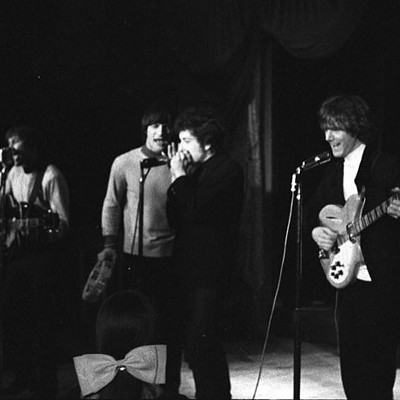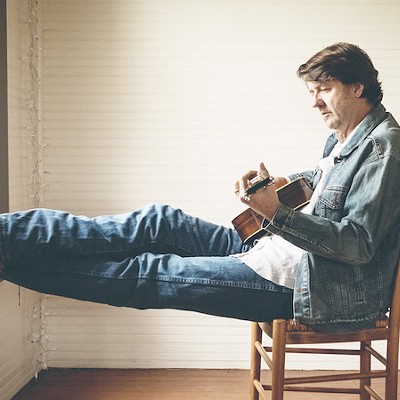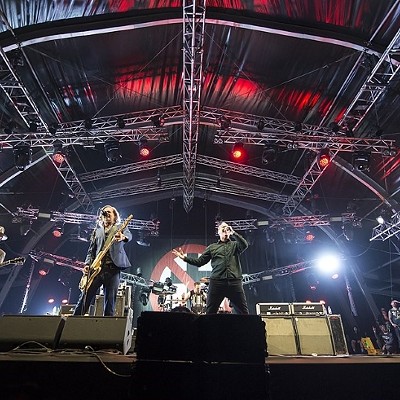RO: Then Chicago played the 1990 Houston Livestock Show & Rodeo, and when you arrived at the hotel, you said it was the first time you'd felt like an outsider in your own band.
DS: I knew something was up when I got the call from [keyboardist Bill] Champlin telling me not to fly in for rehearsals. Now if you're playing big arenas, especially the Houston Astrodome, that's not a normal venue and you have to be prepared for it and have your chops ready.
I felt like it was a set-up. Guys that I had spent the better part of my life with and was comfortable and trusting with...it's hard to describe. I felt like I was on slippery thin ice, and I wasn't confident of my playing. Practicing by yourself with show tapes is not the same as practicing with a live band.
RO: You mention that other members had problems with drugs, alcohol, marriages, even mental issues, and yet were welcomed back. With 20 years of hindsight, do you think it was a foregone conclusion you'd be fired regardless of your playing ability at the time?
DS: No. I understand that Bill and [singer/bassist] Jason [Scheff] were the guys who started the movement to get me out of the band, and [saxophonist] Walt [Parazaider] was angry with me because I'd gotten his brother-in-law fired from the organization and he later he had a stroke and died and Walt blamed me for that.
Everybody had a reason to be pissed off at me, but I had to step on some toes to get things done and keep the band moving forward. Guys were making decisions without clear minds, and I became the de facto leader.
But it turned into a mob scene. [keyboardist/singer] Bobby Lamm even told me later that if he had to do it again, he wouldn't have voted me out of the band. Interestingly, I'm really good friends with Champlin today, and he apologized to me and said that six months after it happened, he knew they'd made a huge mistake. The band went in a different direction, and never recovered. But I realize that I was the master of my own destruction.
RO: More recently, you founded California Transit Authority. And while you do some jazz pieces and originals, a lot of the set list is early Chicago material. How does it feel to revisit those songs?
DS: It feels good. The guys I'm playing with now have the raw power and energy of the early Chicago. And Marc Bonilla is an amazing guitarist, in a class with Terry.
RO: Finally, Chicago is one of the more glaring omissions from the Rock and Roll Hall of Fame. If you eventually got inducted, could you play with those guys again?
DS: Oh yeah, definitely. I let it go, as long as they let it go. And I would like Peter to do it as well. He's got to get off his stubborn thing! (laughs). If a reunion [tour] was ever put out there, we should leave our guns and ammunition at the door. We're all still capable of doing it!
For more information visit www.ctatheband.com






